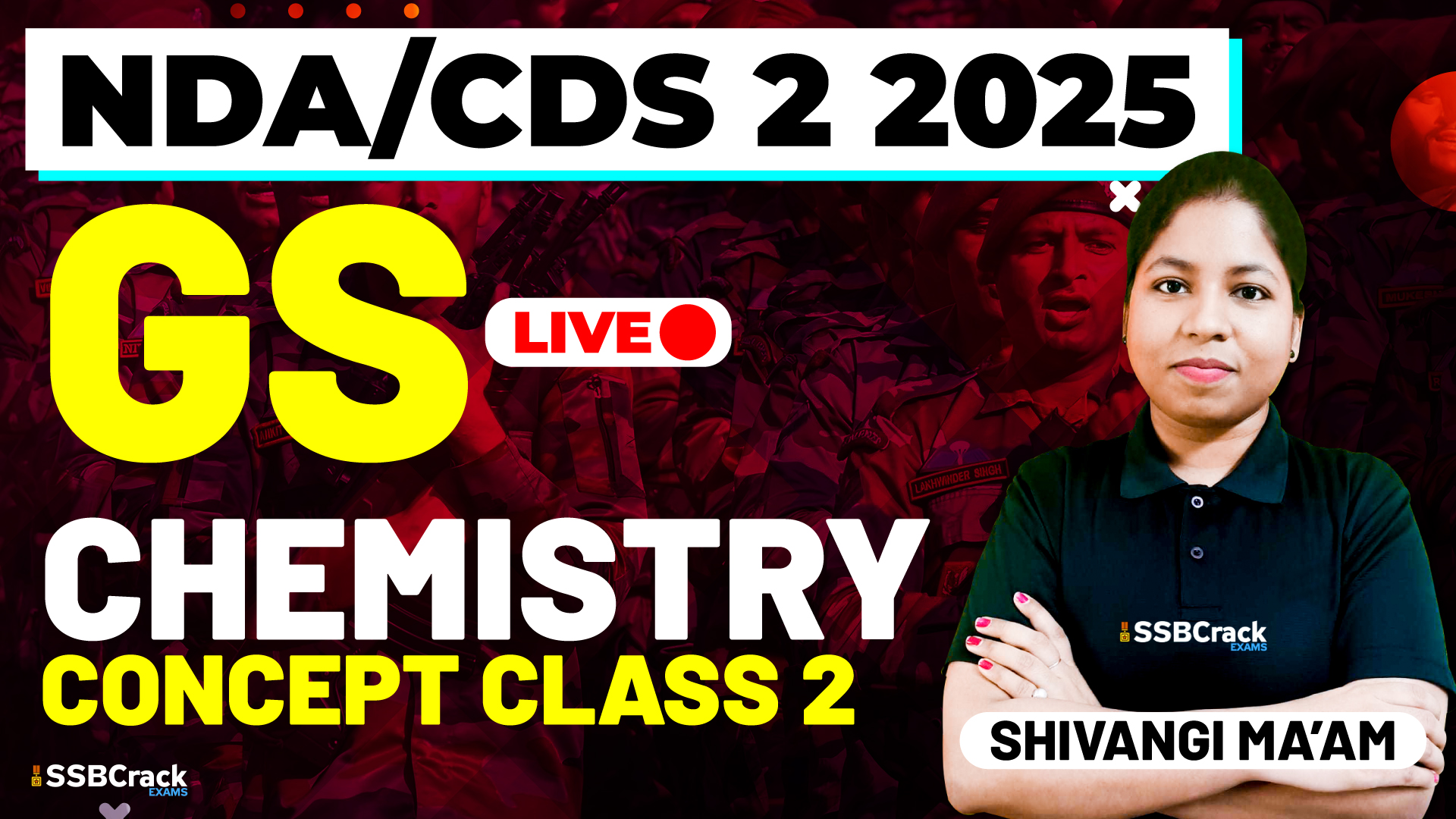Introduction
Understanding the concepts of physical and chemical changes, isolation techniques, and redox reactions is fundamental for students preparing for competitive exams like NDA and CDS 2025. These topics form the backbone of basic chemistry, providing insights into how substances transform, how they can be separated, and how electron transfer drives many chemical processes. This article explores these concepts in a clear and concise manner, tailored to help students grasp key principles and their applications effectively.
Physical and Chemical Changes
Physical changes involve alterations in the state, shape, or size of a substance without changing its chemical composition. For example, melting ice into water or dissolving sugar in water are physical changes, as the substance retains its chemical identity. These changes are often reversible and involve physical properties like boiling point or density. In contrast, chemical changes result in the formation of new substances with different chemical properties. Burning wood, rusting iron, or cooking food are examples where the original substances undergo a chemical reaction, forming new compounds. Chemical changes are typically irreversible and involve the breaking or forming of chemical bonds. Recognizing the distinction between these changes is crucial for understanding chemical behavior in both natural and industrial processes.
Isolation Techniques
Isolation techniques are methods used to separate and purify components of a mixture based on their physical or chemical properties. Common techniques include filtration, which separates solids from liquids using a porous barrier; evaporation, used to remove a liquid solvent to isolate a dissolved solid; and distillation, which separates liquids based on differences in boiling points. Other methods like chromatography exploit differences in affinity to separate complex mixtures, while crystallization purifies solids by forming crystals from a solution. These techniques are vital in industries, laboratories, and environmental applications, enabling the extraction of pure substances for analysis or use. For NDA and CDS aspirants, understanding the principles behind these methods and their practical applications is essential for solving related MCQs.
Redox Reactions
Redox (reduction-oxidation) reactions involve the transfer of electrons between species, resulting in changes in oxidation states. Oxidation refers to the loss of electrons, while reduction involves the gain of electrons. These processes occur simultaneously, as seen in reactions like the rusting of iron, where iron loses electrons (oxidation) and oxygen gains electrons (reduction). Redox reactions are central to many natural and industrial processes, such as corrosion, combustion, and battery operation. Identifying oxidizing and reducing agents, balancing redox equations, and understanding their role in energy transfer are key skills for students. For exam preparation, focus on recognizing redox processes and applying concepts like oxidation numbers to solve problems efficiently.
Conclusion
Mastering the concepts of physical and chemical changes, isolation techniques, and redox reactions equips NDA and CDS aspirants with a strong foundation in chemistry. Physical and chemical changes help differentiate between transformations in matter, while isolation techniques provide practical methods for separating substances. Redox reactions, with their focus on electron transfer, underpin many chemical processes relevant to real-world applications. By understanding these topics thoroughly, students can confidently tackle MCQs and build a solid base for further studies in science. Regular practice and application of these principles will enhance problem-solving skills and ensure success in competitive exams.







